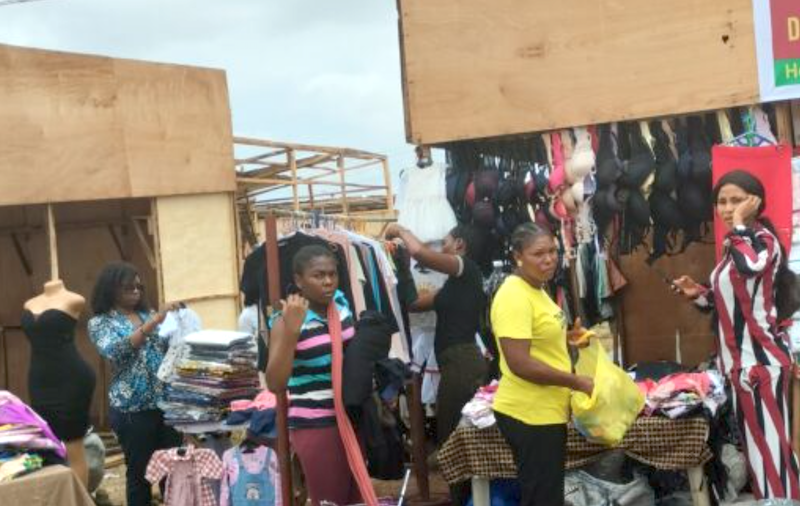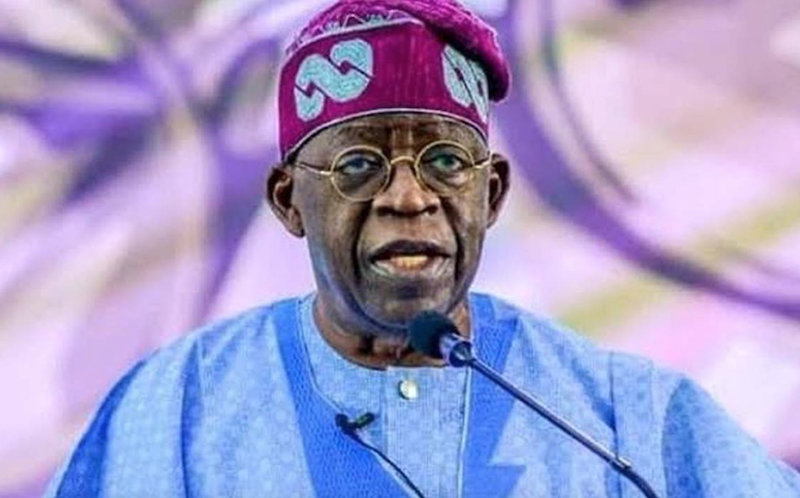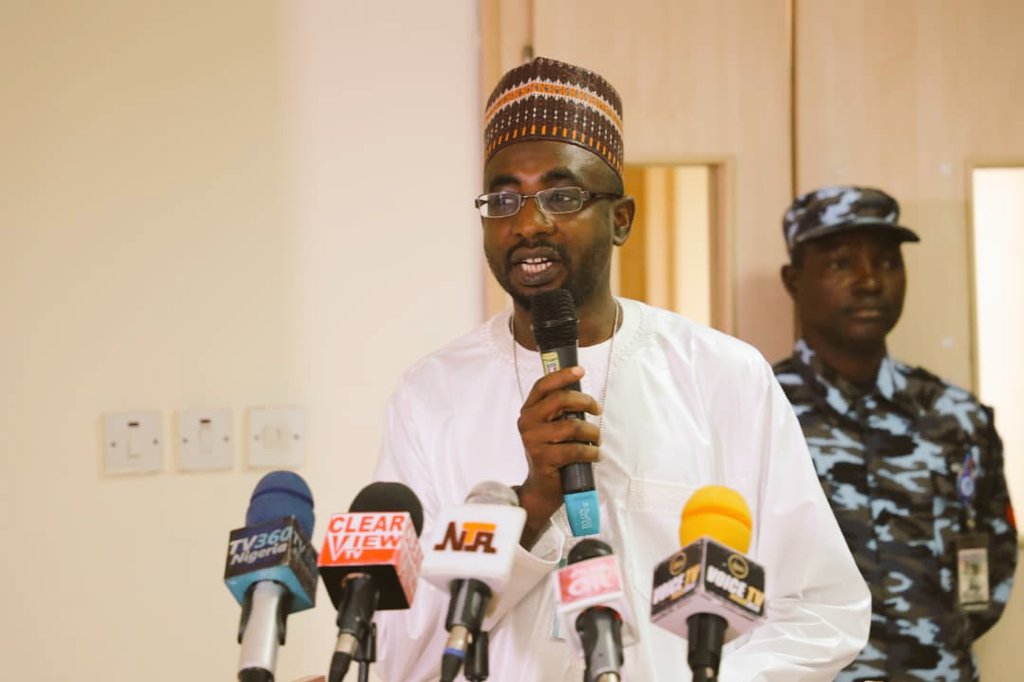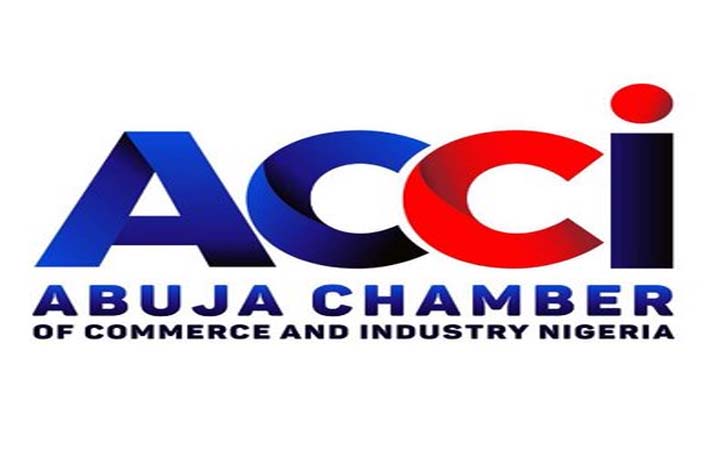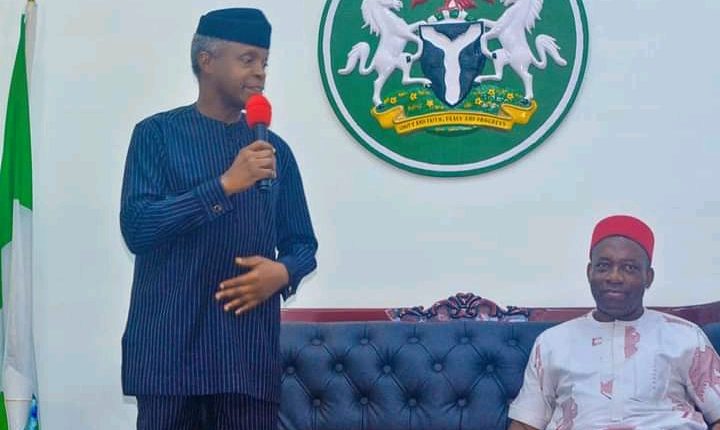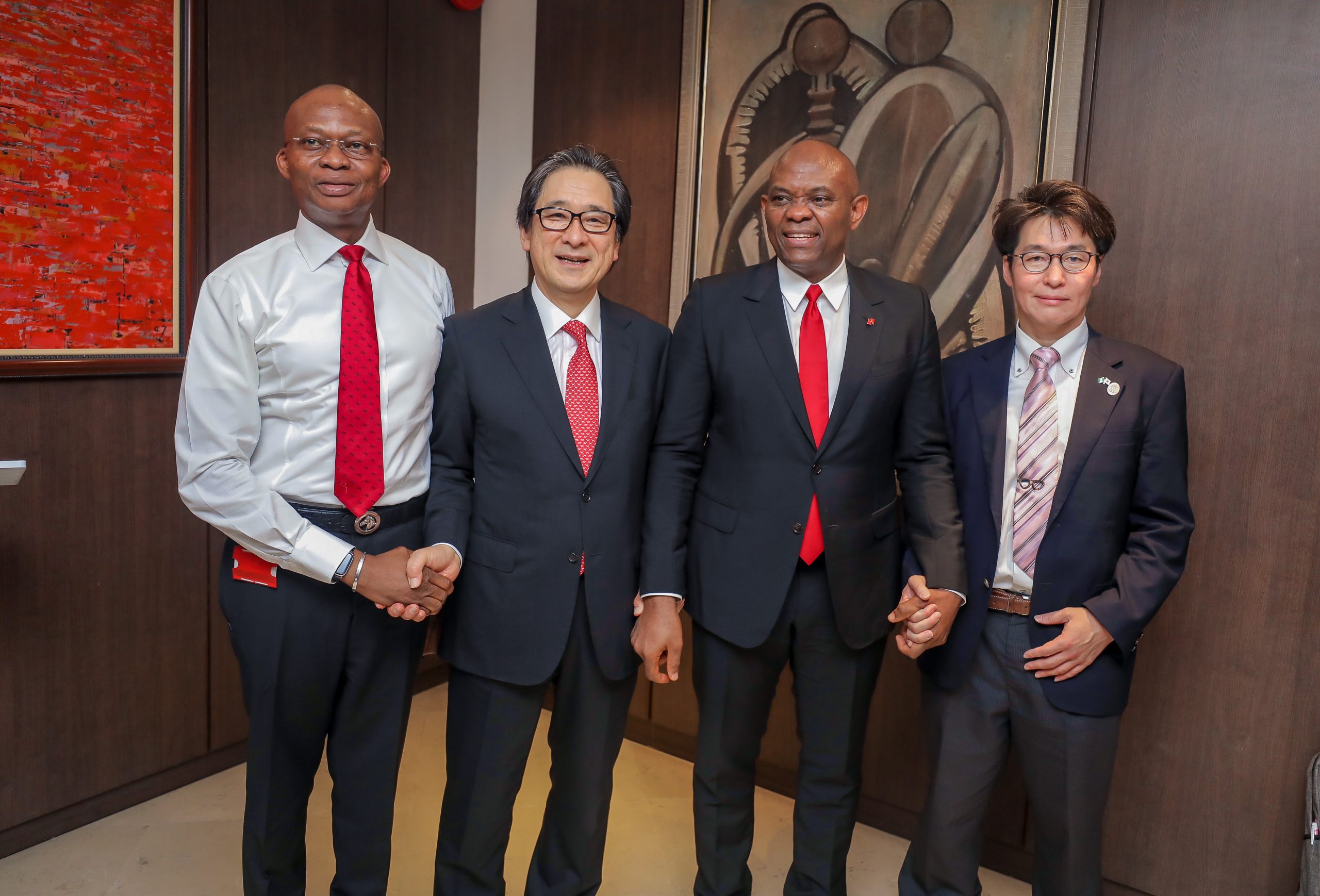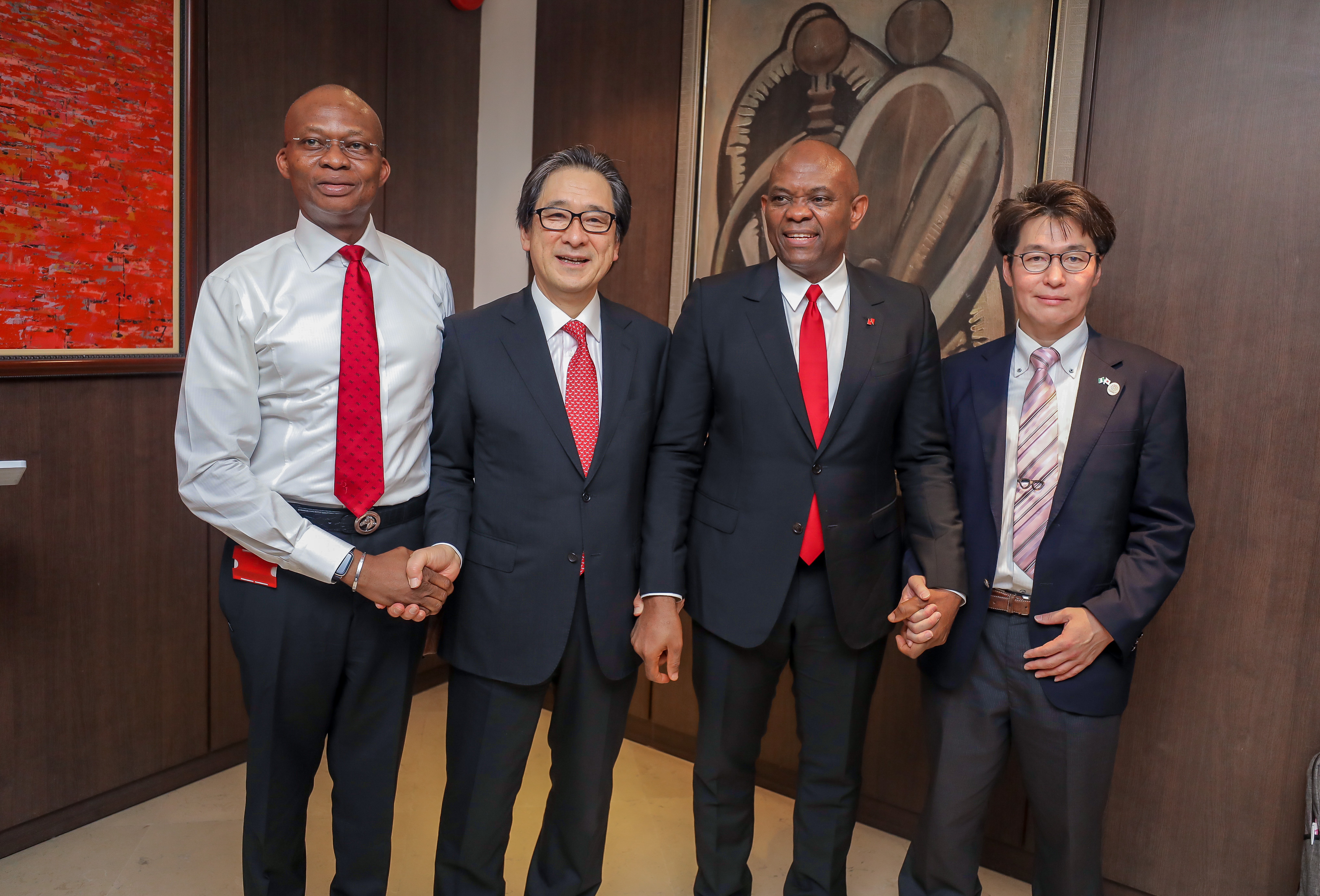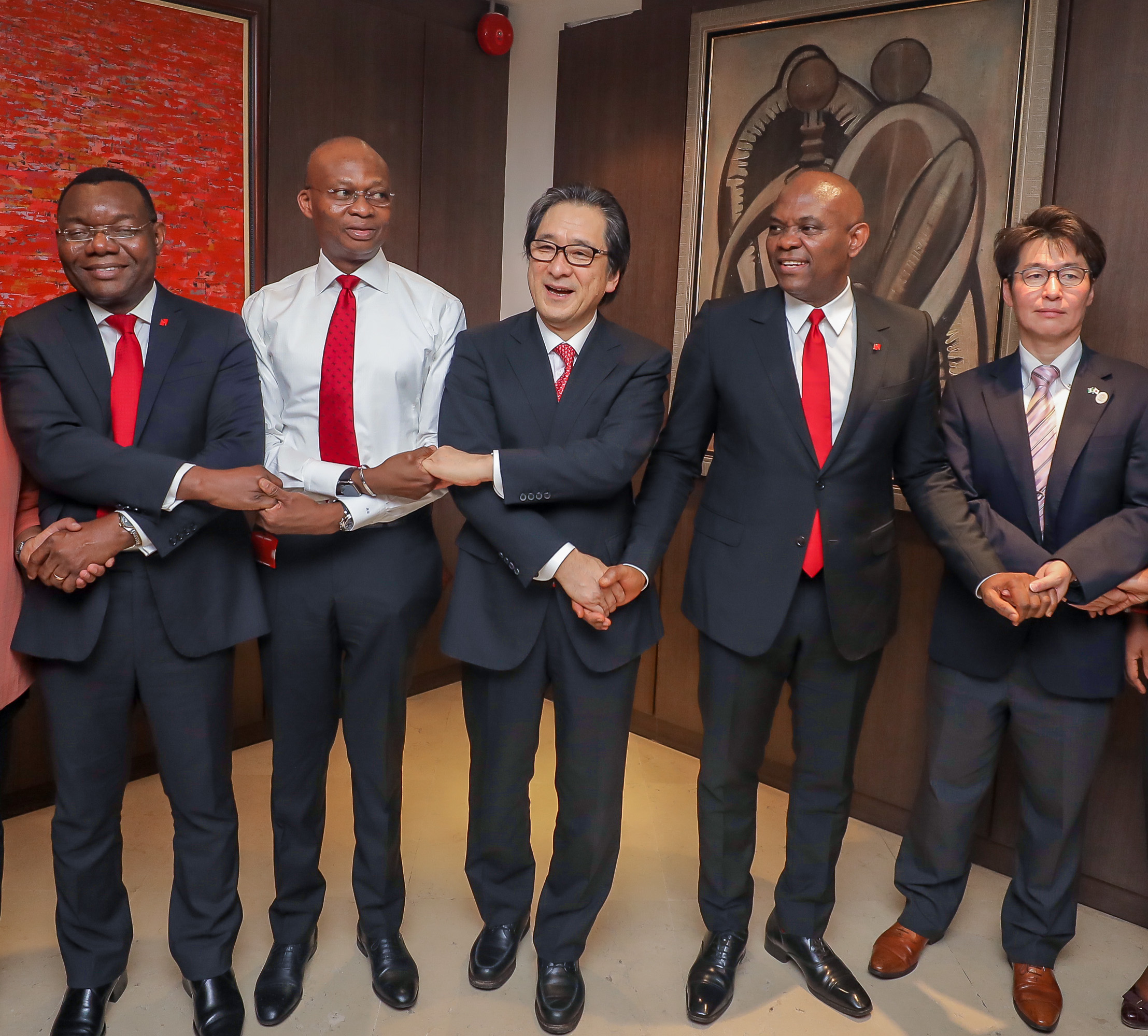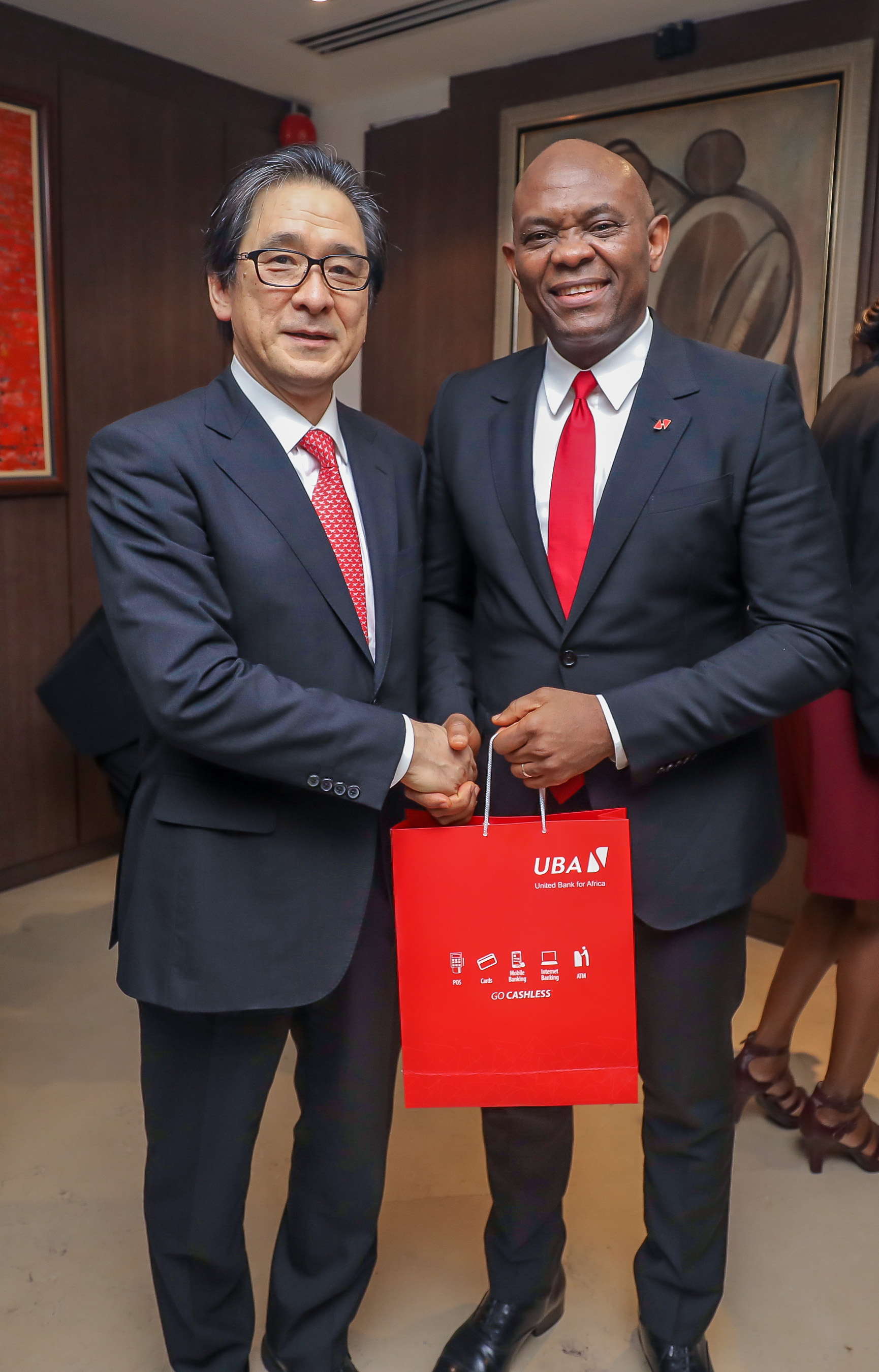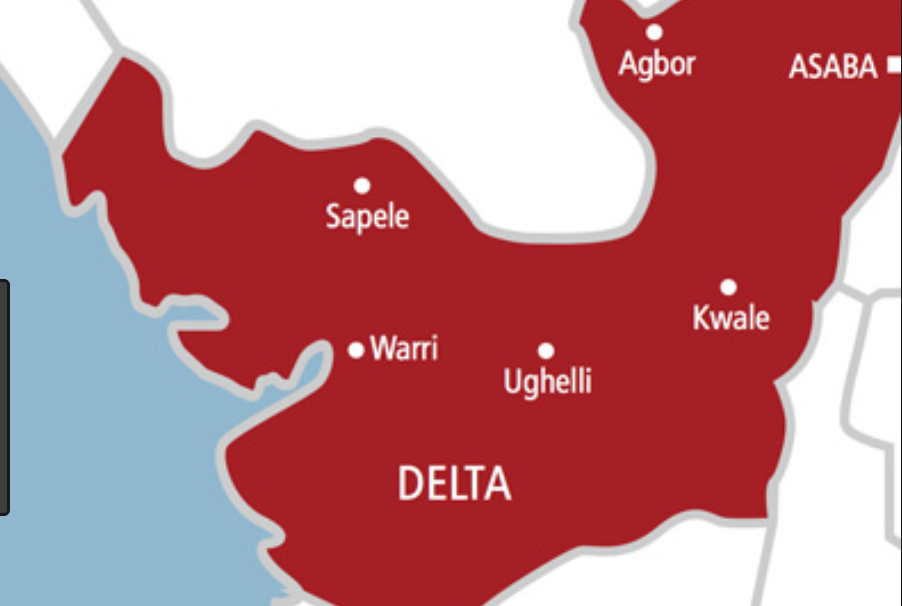Recently, I have been watching the activities of the Nigeria Labour Congress keenly. My interest is in whether they were only interested in government employees and employees in the formal sectors of the economy, or if they take into consideration the welfare of people in the informal sectors, MSMEs including daily-pay workers, in their negotiations with the federal government. The informal sector employs majority of Nigerians, but it is not organised like the formal sector of the economy, so it has no central body to speak on its behalf.
After the withdrawal of subsidy on Premium Motor Spirit (PMS) by the federal government and the resultant ripple effect on many sectors of national life, the Nigeria Labour Congress (NLC) and the Trade Union Congress (TUC) have been talking with the federal government. NLC subsequently engaged in a three-day warning strike. TUC was not part of the warning strike, but both bodies gave notice to embark on an indefinite nationwide strike if they were unable to reach an agreement with the government. Luckily, after a series of negotiations, they arrived at a temporary truce. But my focus today is how all these warning strikes, negotiations, etc., are beneficial to the MSMEs and the informal sector. Beyond being the category where I belong, majority of Nigerian workers fall into this category.
The first agreement reached by the federal government and labour is a wage award of N35,000 (thirty-five thousand Naira) only to all federal government workers which began from the month of September pending when a new national minimum wage is expected to be signed into law. This is for federal government employees only. Miserable as the sum of N35,000 looks, some MSMEs cannot afford that as minimum wage. Some states are also already grumbling. That is outside my focus today, but any state that cannot pay N35,000 minimum wage does not deserve to exist. The state governor, legislators and other government officials should resign and the state should be merged with a viable neighbouring state. It is wrong to love the glamour of statehood and hate the grind of statehood.
The third agreement is inauguration of a minimum wage committee. This agreement has no direct benefit for majority of Nigerian workers. Some people may argue that it will trickle down because it will boost the purchasing power of these workers. There are many other intervening variables, but let me leave it there.
Next is the suspension of Value Added Tax (VAT) on Diesel for six months beginning from October 2023 by the Federal Government. Yes, this will bring some relief to MSMEs who have diesel generators and trucks that use diesel. The cost of diesel is a major headache for MSMEs. A couple of MSMEs owners I spoke with said the removal of VAT has not reflected yet. May be it is too early, but the relevant government agencies should ensure MSMEs enjoy this little relief as soon as possible. The whole essence is to allow MSMEs breathe, even if temporarily. Please let them breathe. Improvement in electricity supply will also help to bring down operating cost.
Another agreement is the federal government acceptance to vote N100 billion for the provision of high capacity CNG buses for mass transit in Nigeria. Provisions are also to be made for initial 55,000 CNG conversion kits to kick start an auto gas conversion programme, whilst work is ongoing on state-of-the-art CNG stations nationwide. The rollout aims to commence by November with pilots across 10 campuses nationwide. This will definitely help low income earners if it is well implemented. I am happy with it. Let this agreement be implemented to the letter.
The sixth agreement is Federal Government plans to implement various tax incentives for private sector and other sectors. I can testify that MSMEs already enjoy some tax incentives and it is very relieving, but MSMEs need more. They employ the bulk of Nigerians and are very critical in reducing unemployment. We eagerly await these new incentives. I also welcome the affirmation of the commitment by the federal government as announced by President Bola Tinubu on the 1st of August broadcast to the Nation for Micro and Small Scale Enterprises.
The seventh agreement that is of interest to me is the referral of outstanding salaries and wages of tertiary education workers in federal government-owned educational institutions to the Ministry of Labour and Employment for further engagement. One major blight of the Buhari Government was the failure of the Ministry of Labour and Employment, and the Ministry of Education to resolve the labour dispute with the Academic Staff Union of Universities (ASUU). The resulting strike lasted for eight months. Thousands of students lost an academic session. The only universities Nigerians with low income can send their children to are federal government-owned universities and to some extent state government-owned universities. It is very tragic that these two ministers could not resolve the dispute. We must never allow that to happen again. A four-year course must be completed in four years unless the student failed or got into trouble due to infractions.
I am also happy with the federal government commitment to pay N25,000 per month for three months starting from October 2023 to 15 million households, including vulnerable pensioners. I am totally in support of this palliative as long as it is transparent. As I said in a previous article, N25,000 over three months is not chicken feed for low income earners and vulnerable families. The sum of N75,000 might be what big men need to fill the fuel tank of Lexis LX 570, but it is big money for a vulnerable household. But this is a palliative and government should come up with long term plans to pull more Nigerians out of poverty.
Nine, I also welcome the federal government plans to increase subsidized distribution of fertilizers to farmers across the country. This is very good. We need to produce a lot more food for our teeming population. But also important is improved security. Many farmers are unable to go to their farms due to insecurity. Local communities should assist government by giving information to security agencies of criminals in their midst. Securing Nigeria is everybody’s responsibility.
Ten, it is still a mystery to me why our government refineries are still comatose. Billions of dollars have been spent on turn around maintenance (TAM), yet none is functional as expected. The joint visitation to the refineries to ascertain their rehabilitation status is very important. If those refineries were functioning, there will be less importation of petroleum products and the pressure on our forex reserves will be less.
Finally, I welcome the commitment of all parties to abide by the dictates of social dialogue in all future engagements. The NLC must never be an appendage of government but a watchdog to ensure that government actions are in the interest of not only workers but Nigeria and Nigerians. At the same time, NLC must be a partner to the government for a better Nigeria. Baring fangs at government during disagreements should be the last option not the first option.

